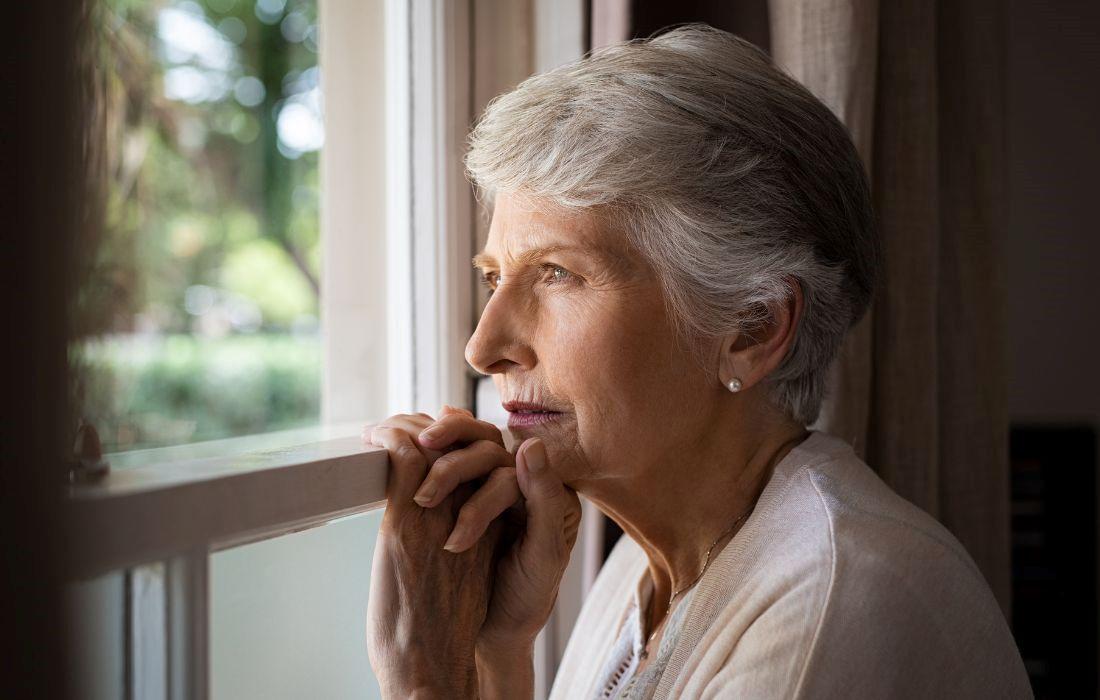In the US, millions of elder abuse and neglect cases are reported each year, and millions more go unreported. Elder abuse may include physical, sexual, or emotional harm as well as financial exploitation or neglect by their caretakers.
Unfortunately, elders are more susceptible to abuse and neglect as the aging process leaves them frail and less able to care for themselves. They can’t physically protect themselves and may also have difficulty thinking clearly.
Abuse and neglect often occur where the elder lives and are frequently at caretakers’ hands. Fortunately, there are ways to help prevent it.

Elder Abuse and Neglect Prevention Tips for Caregivers
Self-Care – making time to take care of yourself is vital for caregivers. Get enough rest, eat healthily, and exercise. Caring for your body and mind helps you be more patient and less likely to succumb in angry moments.
Relieve Burnout and Stress – meditation, yoga, or other breathing exercises help relieve stress and, in doing so, help prevent burnout. Both stress and burnout are major factors in elder abuse and neglect, so be sure to make time to manage them.
Get Support – This can be in the form of a support group or therapist to help you manage anger and depression, friends and family to take some of the load off of you, or a professional such as a Daily Money Manager acting as a second set of eyes.
Elder Abuse and Neglect Prevention Tips for Friends and Neighbors
Sometimes, it’s someone on the outside of the situation who sees possible warning signs. Here’s what you can do to help.
Know the Warning Signs – these may include unexplained broken bones or bruises, caregivers acting in a threatening, controlling, or derogatory manner, torn clothing, unexplained weight loss, unhealthy or unsafe living conditions, cash or valuables missing from their home, undue influence, over- or under-medicated, among other things.

Offer to Give the Caretaker a Break – Even if it’s just an hour so the caretaker can get lunch by themselves or meet with a friend, this time off can be just what they need to reset.
-
- A Daughter’s Journey of Duty and Honor “She opens the window of her world to share with other caregivers her journey.”
Stop By Often – Checking in and being available helps seniors see you as someone they can trust. It also lets caretakers know they’re not alone and someone is available to assist them if needed.
Reporting Elder Abuse and Neglect
If you see something, say something. The Elder Care Locator and the National Center on Elder Abuse are both great places to start.
Join Our Mailing List
Get the latest news and insights from True Assisting delivered straight to your inbox. Click here to subscribe to our newsletter.









